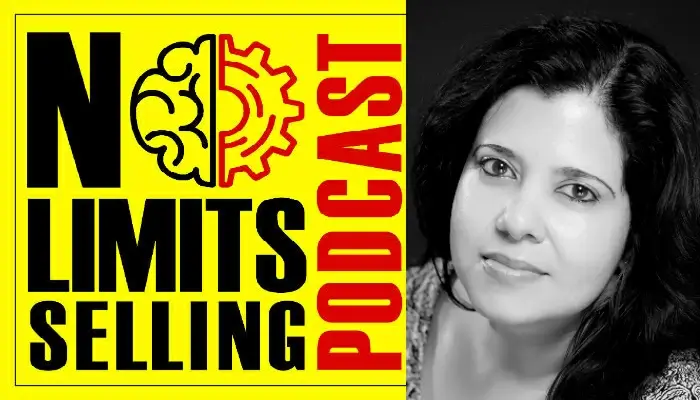
How to Unlock the Secrets of Success by Shampa Bagchi
Shampa Bagchi, the Founder, and CEO of Converge Hub (https://www.convergehub.com/), has made a significant impact in the world of Customer Relationship Management (CRM). Her platform, recognized by ZDNet as one of the top 10 CRMs globally, is a unified solution that manages all customer data and activities, thereby putting business growth on autopilot. Converge Hub offers a comprehensive 360-degree view of customers and prospects, enabling businesses to understand their clients holistically throughout every stage of the customer lifecycle.
Living at the intersection of technology, business, and people, Shampa is passionate about leveraging technology to solve complex challenges and transform ideas into reality. As a recognized leader in the small business community, she advises businesses on how to use technology to accelerate growth. Shampa is also the co-founder of Corelynx (https://www.corelynx.com/), a boutique software development and technology strategy agency that provides innovative business solutions to growing organizations. Furthermore, she founded the Business Growth Community on LinkedIn (group), a platform dedicated to helping entrepreneurs and business leaders succeed by using technology as a catalyst in their businesses.

Contact Shampa:
Summary
In a recent episode of Umar Hameed's podcast, he engages in a captivating conversation with Shampa Bagchi, an entrepreneur with a unique perspective on the world of business. The conversation is a deep dive into the essence of entrepreneurship, the importance of perspective, and the value of the journey over the destination.
The Power of Perspective
The conversation kicks off with Bagchi sharing a favorite story she often tells her employees. The story emphasizes the importance of perspective in work and how it can completely transform one's approach to their tasks. Bagchi illustrates how different individuals can view the same task from unique angles, thus altering their experience and output. This segment of the conversation underscores the importance of fostering a positive and purposeful perspective in the workplace.
The Diversity of People
As the dialogue progresses, Hameed and Bagchi delve into the diversity of human nature. They discuss the spectrum of people one might encounter in the world, from those who might resort to dishonesty to those who uphold the highest levels of integrity. This part of the conversation serves as a reminder of the importance of being present and paying attention to the people we interact with, particularly in the business world.
The Essence of Entrepreneurship
The heart of the conversation lies in the exploration of the entrepreneurial journey. Hameed and Bagchi discuss how entrepreneurship is not just about making money, but about the journey itself. They emphasize that the true value lies in the lessons learned along the way, the personal growth experienced, and the person you become while working on your business. This perspective offers a refreshing take on entrepreneurship, moving away from the traditional focus on financial gain and instead highlighting personal development and learning.
The Journey Continues
The conversation concludes on a high note, with Bagchi and Hameed agreeing that the entrepreneurial journey is about the person you become as a result of the lessons you learn. They affirm that it's not about what you gain, but about the journey you undertake and where it takes you. This conclusion serves as a powerful reminder of the value of personal growth and continuous learning in the world of entrepreneurship.
Closing Remarks
In the final moments of the podcast, Hameed thanks Bagchi for her insightful contributions and encourages listeners to leave a five-star rating on iTunes if they enjoyed the episode. The conversation between Hameed and Bagchi provides a fresh perspective on entrepreneurship, emphasizing the importance of the journey over the destination and the value of personal growth and continuous learning.
This podcast episode is a must-listen for anyone interested in entrepreneurship, offering valuable insights and a unique perspective on the world of business.
Questions & Answers
What is the main topic of the podcast conversation between Umar Hameed and Shampa Bagchi?
What story does Shampa Bagchi often share with her employees?
What do Umar Hameed and Shampa Bagchi discuss about the diversity of human nature?
What is the essence of entrepreneurship according to the conversation?
What is the concluding message of the podcast?
What does Umar Hameed encourage listeners to do at the end of the podcast?
Don’t miss this opportunity to transform your real estate career with one-on-one coaching. As an experienced real estate coach, I, Umar Hameed, am dedicated to helping you unlock your full potential and achieve your real estate goals. To learn more about who am I and my clients ↓
If you’re ready to take the next step, book an appointment with me today and begin your journey toward success in the real estate industry.
